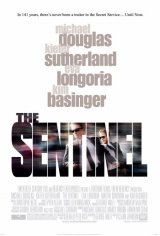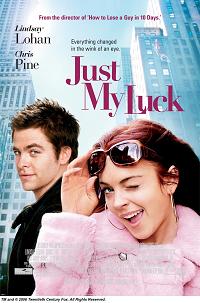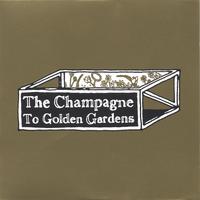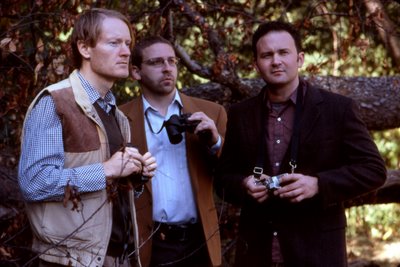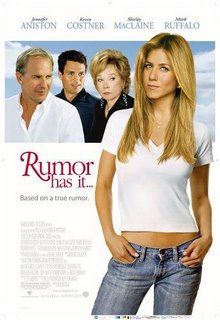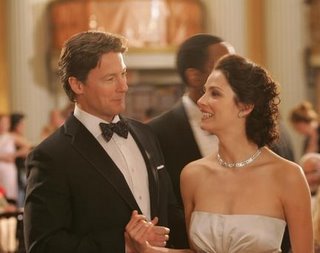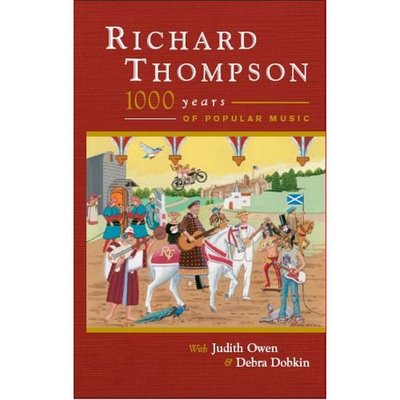
In 1999, Playboy decided to ask a number of prominent musicians to list their choices for the best songs of the millennium. Richard Thompson decided to have a little fun with the request and took it quite literally, citing pieces from the Middle Ages through the Renaissance and up to the present. Playboy never published his list, but the process of compiling the list inspired Thompson to create a live show in which he'd perform music spanning a thousand years. The show has taken on a few different guises over the past couple of years, and an unofficial version of 1000 Years Of Popular Music has been available at Thompson's website and at his shows for a while, but an official release didn't take place until this summer. This version of 1000 Years Of Popular Music, consisting of two audio CD's and one DVD, was recorded at Bimbo's 365 Club in San Francisco in February 2005. Thompson is joined for this performance by Judith Owen on vocals and keyboards and Deborah Dobkin on percussion and vocals. The show was a deceptively difficult undertaking; the performers had to play songs in a great variety of styles, at least some of which could not have been familiar to them, and often had to modify the original arrangements so that the pieces could be performed by just three people. Still, there are good reasons why Richard Thompson is widely revered in some circles, and he more than adequately pulls this off.
The material from the first half of the concert ranges from the thirteenth century to the early part of the twentieth. "Sumer Is Icumen In," the opening song, is a sprightly early jig sung in the round in Middle English. Its text comes from a manuscript at Reading Abbey. "King Henry" recounts the events leading up to the 1415 Battle of Agincourt, tennis balls and all. Thompson then tries his hand at Italian with the Renaissance song "So Ben Mi Ca Bon Tempo." Coming from the seventeenth century, the folk ballad "Bonnie St. Johnstone" reflects the transition to a style still common in Celtic ballads today. Thompson then backs up a bit, bringing out Owen and Dobkin to sing a capella the Elizabethan madrigal "O Sleep Fond Fancy." The three-part harmonies continue with an excellent rendition of the dark religious ballad "Remember O Thou Man," the highlight of the first disc. After this, the show jumps to the nineteenth century with a version of the American folk ballad "Shenandoah." While Thompson does a nice version of it, I have to say that the version on Merrie Amsterburg's new album Clementine And Other Stories is superior. "Black Leg Miner" is an energetic English folk standard from the same period, reflecting the plight of striking miners -- and the worse plight of those who tried to work through the strike. Thompson then continues with two humorous songs from the turn of the last century. "I Live In Trafalgar Square" is a rousing Music Hall song sung from the perspective of a homeless man who's found the ideal resting spot. "There Is Beauty In The Bellow Of The Blast," from Gilbert and Sullivan's The Mikado, features a perfect vocal delivery from Owen while Thompson serves as the male foil and ably mimics the scored orchestral arrangement on his acoustic guitar. Disc one closes with "Java Jive," the first in a sequence of American popular standards from the period between the Depression and the aftermath of the Second World War.
The second disc begins with an excellent lead vocal from Owen on Cole Porter's "Night and Day." Thompson then follows with a rousing version of "Orange Coloured Sky," originally popularized by Nat 'King' Cole. After this, he chooses the relatively obscure "Drinking Wine Spo-Dee-O-Dee" and "A-11" to represent blues and country, respectively. At this point, Thompson brings the show into the rock era. The Kinks' dreamlike "See My Friends" represents the British Invasion, and likely exerted a huge influence on Thompson as a teenager. Next comes the evening's best performance, a stirring rendition of the Australian classic "Friday On My Mind" by The Easybeats. The backing vocals could be a little tighter, but they provide the right amount of manic intensity to back Thompson's rapid-fire singing and picking. The Squeeze song "Tempted" follows in the set. This song has near universal popularity among rock fans old enough to know it, but as Thompson points out in the liner notes, it was a very minor hit when it came out. The concert reaches the year 2000 with what is obviously the wild card of the set, "Oops!... I Did It Again." I'm not sure if Thompson was going for irony with this choice, or commenting on the current state of popular music compared to what's been done in the past. At any rate, it loses its humor value after the first listen, and what's left is a song that, despite Thompson's best efforts to make it presentable (including plucking the melody as a Medieval jig at an interlude near the end), just doesn't belong.
The three encores jump around a bit chronologically, starting with Owen singing the 1950's jazz standard "Cry Me A River." The trio then brings the set all the way up to 2004 with the song "1985" by Bowling For Soup. This song holds its own surprisingly well, although if anybody performs this song a thousand years from now during a tribute to the current millennium, I doubt the audience will get all the references. Thompson closes out the show with an amusing a capella, call-and-response song from the early days of British Music Hall called "Sam Hall."
The DVD contains the same songs as the CD's do, along with a couple of interview snippets and Thompson's introductions to each song. The dialogue brings out Thompson's thought process as he developed the show and also shows his humorous side to a degree that only occasionally gets seen in his own music. The performance was as much fun to watch as it was to listen to, although as a guitar player I wouldn't have minded a few looks at Thompson's technique up close. Judith Owen also uses a whole litany of odd hand gestures while singing, which was amusing at times but could also be a bit of a distraction.
1000 Years of Popular Music contains many good songs, performed solidly by one of music's venerable elder statesman and an able supporting cast. Fans of Richard Thompson will certainly like this, and anybody curious for a musical history lesson will find much to like about it as well.
Overall Grade: A-

Digg This
Del.icio.us

